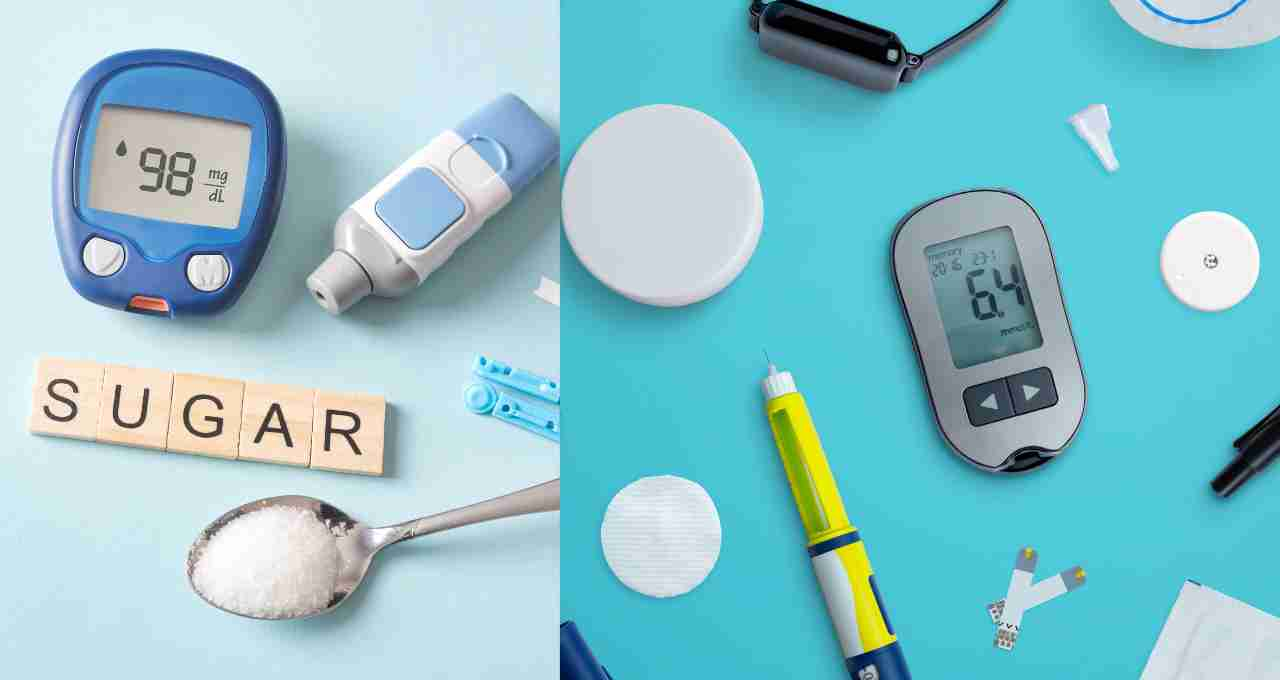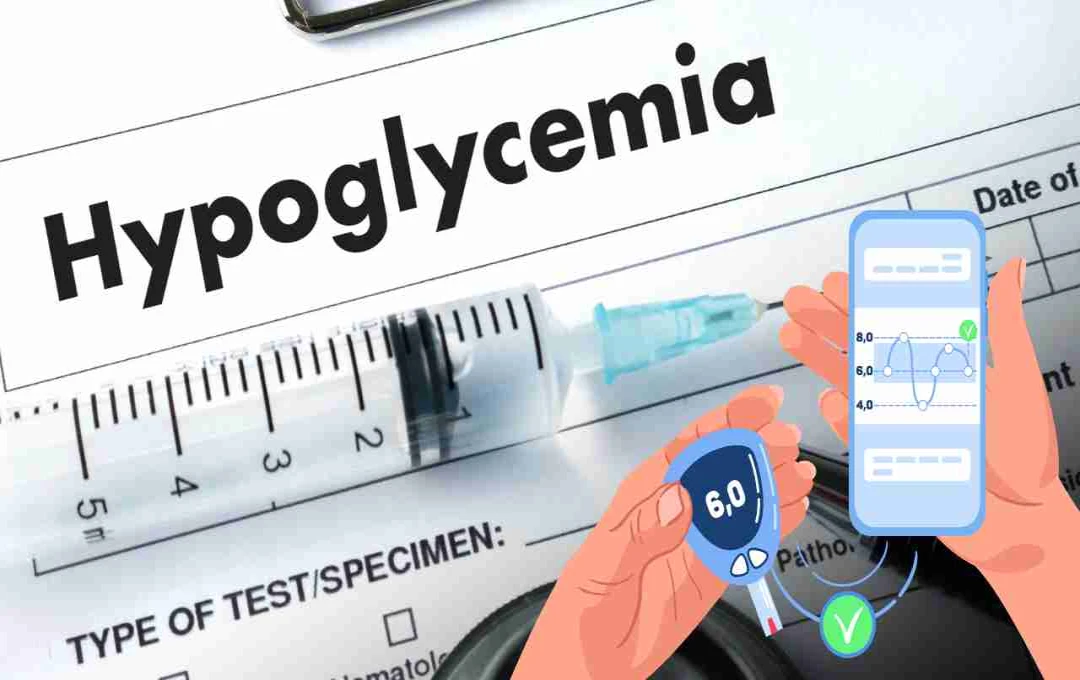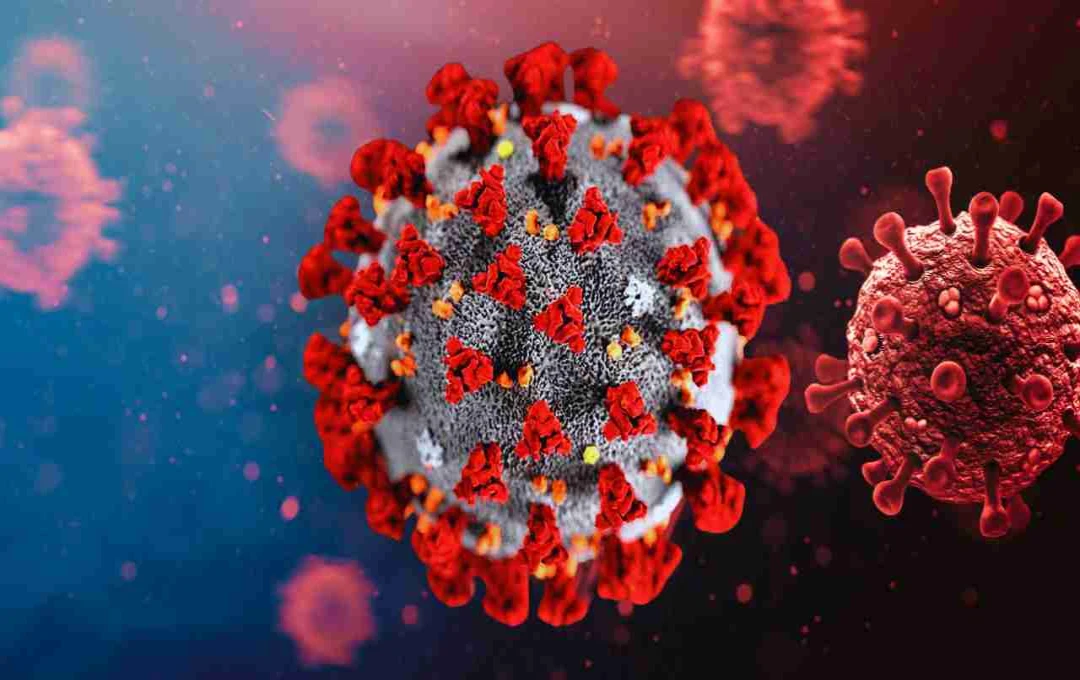Hypoglycemia is a condition where blood sugar drops below 70 mg/dl. Symptoms can include sweating, dizziness, hunger, weakness, and fainting. It is particularly seen in diabetic patients and can be fatal if not addressed in time.
Hypoglycemia Symptoms and Prevention: Hypoglycemia, meaning a sudden drop in blood sugar level below normal, is a serious condition often observed in diabetic patients. Recently, Sweden's Health Minister fainted during a press conference due to this reason. According to doctors, mistaking the symptoms for weakness or fatigue can be dangerous, as untreated in time, it can lead to unconsciousness, seizures, or even coma.
When Hypoglycemia Begins
Hypoglycemia is generally diagnosed when blood sugar levels drop below 70 mg/dl. In this state, the body starts experiencing an energy deficit, and the brain cannot function properly. This condition recently gained attention when Sweden's new Health Minister suddenly fainted during a press conference. She later explained that it happened due to a sudden drop in her blood sugar level. This incident highlights how dangerous this problem can be.
Why is a Sudden Drop in Blood Sugar Dangerous

Dr. Ajit Jain, Associate Professor at Rajiv Gandhi Hospital, explains that a drop in blood sugar level can often be mistaken for general fatigue or weakness. In such cases, people tend to ignore it. However, this condition can actually be serious. If not identified immediately, the patient is at risk of unconsciousness, seizures, and even coma. This situation can be particularly dangerous during sleep.
Early Symptoms of Hypoglycemia
There are several early symptoms of this problem that are crucial to recognize.
- Sweating and feeling cold.
- Trembling in hands and feet, and rapid heartbeat.
- Sudden onset of hunger.
- Dizziness.
- Irritability or anxiety.
- Headache or blurred vision.
- Numbness in lips, tongue, or cheeks.
- Pale skin.
If these signs are recognized in time, the situation can be prevented from worsening.
Symptoms When It Becomes Severe
When hypoglycemia worsens, it can manifest even more dangerous symptoms. These include confusion, abnormal behavior, difficulty speaking, blurred vision, and inability to complete routine tasks. If the person is asleep, they might experience nightmares and sometimes sudden tremors.
Ways to Prevent Hypoglycemia
Dr. Ajit Jain states that it is possible to prevent this problem, especially for individuals with diabetes.
- Do not skip any meals during the day.
- Do not exercise more than usual.
- Do not consume alcohol on an empty stomach.
- Regularly monitor blood sugar levels at intervals.
- Always monitor sugar levels before and after exercise.
- Always keep juice, candy, or sugar with you for immediate use in case of a sudden drop.
Who is at Higher Risk
The likelihood of hypoglycemia is highest among diabetic patients. This condition can be particularly risky for those who regularly take insulin or are dependent on medications. Additionally, prolonged fasting, excessive physical exertion, or alcohol consumption can also exacerbate this problem.















